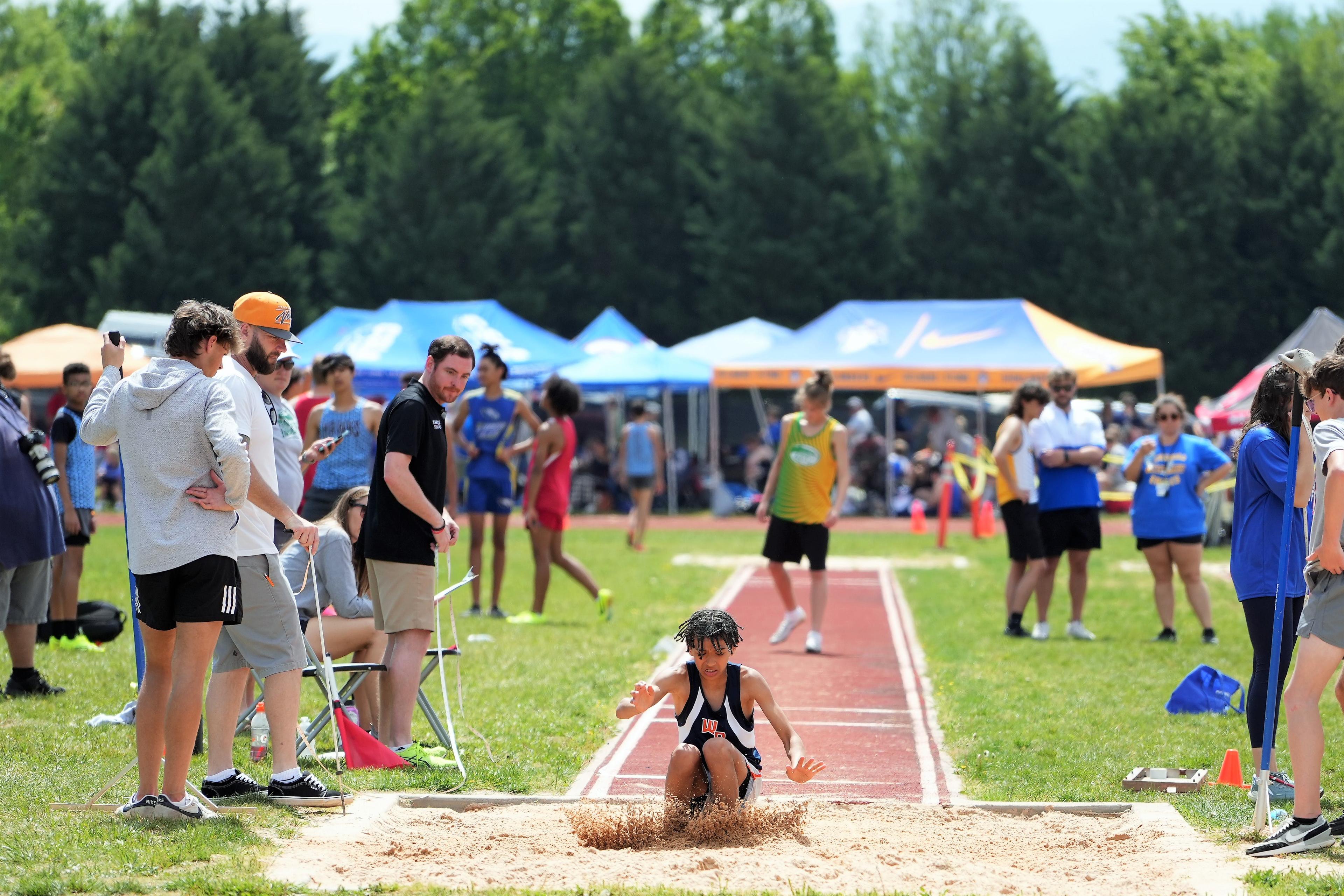


Do All Schools Do Athletics?
22 November 2023
Kids perform athletics right before they know how to spell the word; they jump, walk, and run to catch the things you throw at them.
So, now that they are a bit older and about to start school, you are probably interested in their engagement in athletics and wonder if all schools offer it. In this blog, you’ll learn more about school athletics and how it works.
Let’s begin!
Do all schools offer athletics?
All schools are expected to meet the national education curriculum standard to develop children’s skills in various physical activities and excel at them. This involves core athletics like running, jumping, and throwing. It is believed that performing these activities in schools will help kids build their balance, coordination, and agility through their development stages.
School athletics may also spike your child’s interest in sports at an early stage. They may discover their potential in a particular sport and develop their skills as they grow.
Not all schools have the same facilities on-site - some may require children to travel to another site to take part in athletics, whereas others are much better equipped. If your child shows a particular interest in athletics, take this into account when choosing a school for them.
What types of athletics do infants perform in school?
Athletics start with pupils in key stage 1. If your child falls into this category, you can expect them to learn the basis of athletic activities to support their balance, agility, and coordination. They will also learn exciting and fun athletic games to engage and build their team spirit.
What types of athletics do juniors do in school?
Juniors in schools learn advanced running, throwing, and jumping skills. They are given milestones to achieve and competitions to participate in. For example, their tutors may ask them to run a hundred-metre race or jump a specific height. By KS2, they begin participating in athletics to build their endurance and strength.
What athletics do students perform in secondary school?
Children at the KS3 level explore different athletics activities to find their passion and interests. Here, they build on what they’ve learned at the KS1 and KS2 levels to enhance their competence. This is likely where your child develops a passion for sports and participates in competitions actively.
Why athletics is mandated in schools
Athletics are compulsory in schools because it facilitates children’s flexibility, balance, and coordination. It allows them to develop critical life lessons like resilience, teamwork, and self-discipline. It also improves their social skills and boosts their competitive spirits, motivating them to improve. Finally, athletics can help kids develop their sportsmanship and grow successful careers in sports.
Final thoughts
Enrolling your child in a standard school in the UK will help them experience athletics in various forms, as it is compulsory for schools under the National Curriculum Programmes of Study. So, if you want to build your child’s interests in sports, learn life skills, or enhance their growth, find a school that meets your child’s needs.
